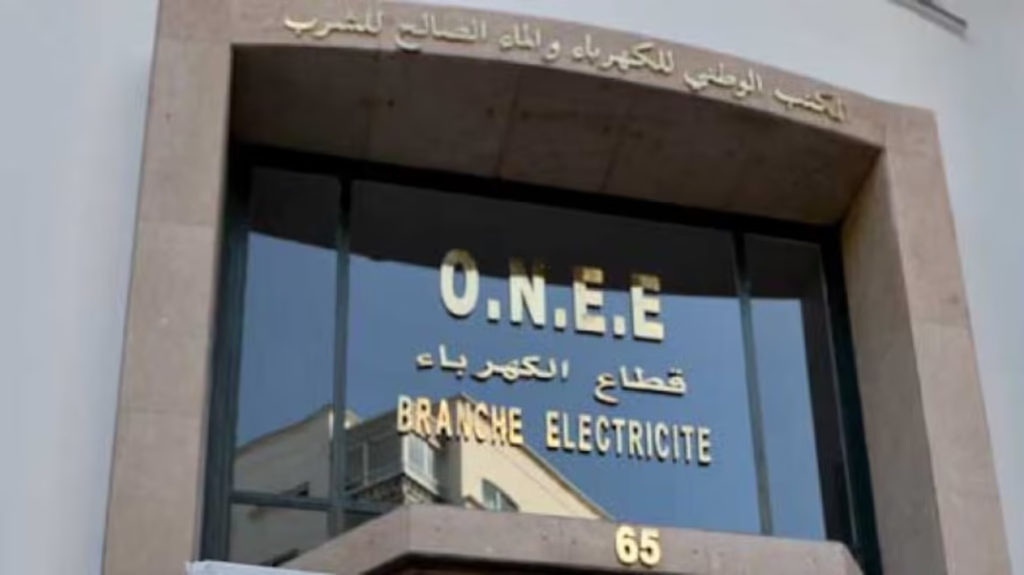The National Office of Electricity and Drinking Water (ONEE) will benefit from two loans approved by the European Investment Bank (EIB), totaling 240 million euros. This funding aims to support two major projects: the modernization of the national electricity network and the strengthening of drinking water production capacities.
In detail, a financing of 170 million euros is intended to co-finance a comprehensive program of 355 million euros. It focuses on the construction and upgrading of high-voltage lines and electrical substations throughout the territory. The objective is to reduce technical losses, enhance the reliability of the network, and support the increasing integration of renewable energies into the country’s energy mix.
In parallel, a second loan of 70 million euros will be dedicated to improving the performance of hydraulic infrastructure. The initiative will optimize the efficiency of drinking water production facilities while integrating digital solutions to manage operations. It also aims to strengthen the supply in rural areas and ensure better quality of distributed water, while reducing energy consumption.
These financings are supported by the European Fund for Sustainable Development Plus (EFSD+), a strategic tool of the European Union to encourage green investments in partner countries. Through the EIB, the fund aims to mobilize capital for structuring projects in the fields of energy and water.
European support comes at a time when ONEE is accelerating the implementation of its investment plan for 2025-2030. This plan provides for more than 177 billion dirhams for electricity and 43 billion for drinking water. For energy, the ambition is clear: to reach 56% of installed capacity in renewable energies by the end of 2027, through the development of storage solutions, flexibility, and an adapted transport network.
On the hydraulic side, priority is given to securing supply, strengthening desalination capacities, and extending networks, particularly in rural areas. By 2030, 63% of drinking water needs will have to be covered by desalinated water, marking a turning point in the country’s water resource management policy.
With Le Matin


